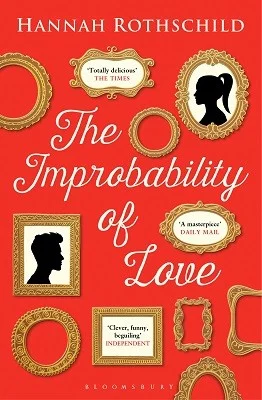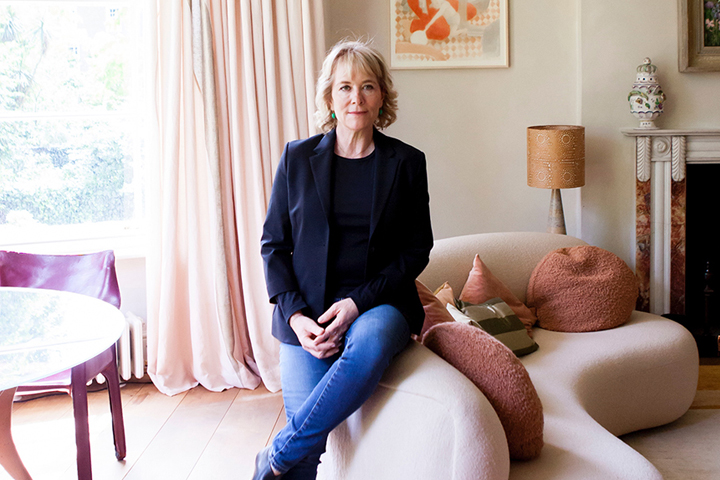From the Women’s Prize Archives.
Ahead of the 2016 Baileys Women’s Prize for Fiction shortlist announcement, we caught up with longlistee Hannah Rothschild. Read on to find out more about Hannah’s longlisted book The Improbability of Love, which literary heroines inspire her and why writing her first novel about the art world was an easy decision.
Your protagonist Annie is so realistically drawn – where did the initial inspiration this character come from?
Some time ago, more years than I care to admit to, after a break-up, I relocated to another part of London. It was odd feeling like a stranger in my own town and I suppose this was the starting point of Annie’s journey. But apart from that, Annie, as I was writing, became resolutely her own person.
As well as being a writer, you’re also chair of trustees at the National Galley did you always know your first novel would be about the art world?
My first holiday job was working in the Louvre in Paris, followed by stints at an art dealers and then a career in the BBC’s Music and Arts department. To set a novel in this world which I know and love and which has so many larger than life characters and settings, seemed obvious.

At times in The Improbability of Love, the paintings themselves speak have you ever wished a painting could talk? If so, which one?
I have always wanted pictures to talk, to tell the viewer about who painted them and what they witnessed. The painting I would most like to hear chatter is Velasquez’s ‘Las Meninas’. There are so many disparate people in one canvas and no one has fully explained the mysterious composition.
Why do you write?
For lots of reasons – to escape; to dream; to make sense of the world and to have fun.
Who is your favourite female writer and why?
I love Jane Austen for creating whole worlds in small places. Nancy Mitford for her scatter-gun humour. Elena Ferrante for shining a spotlight on female friendship. Dorothy Kearns Goodwin for making history thrilling. Janet Malcom for subverting everyday stories. Maya Angelou for her fierceness. Dorothy Parker for her pithiness. And that is just one small section of a very large bookshelf of heroines.








